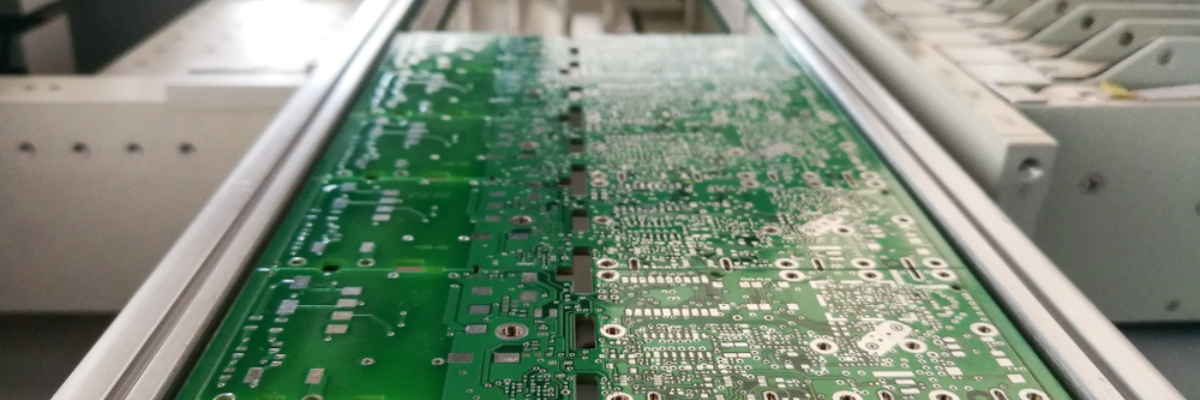- upload bom file
- +86 0755-82770375
- info@onepcba.com
- Compare Products
- Change Location:
PCB conformal coatings and their types

PCB conformal coatings and their types

Printed circuit boards are a core part of several devices and devices, so their structural and functional accuracy is critical to the functionality of the final product. This is why PCBS has a conformal coating, which is basically a polymer film applied to the board to protect the components mounted on it from any kind of contamination, dirt, etc. So, it's like an insulating layer. Conformal coatings come in many types according to their chemical composition. There are many advantages and types of PCB conformal coatings. This article discusses the details of conformal coating, its type, benefits, etc.
Type of conformal coating
There are five main types of conformal coatings, depending on their composition or chemical composition. Each has its own advantages and disadvantages. The following types are explained in detail.
Epoxy resins: These are mostly two-part formulations with excellent resistance to heat, wear, and moisture. This protects the board in harsh environments. However, if this coating needs any repairs or changes, it can be tedious.
Polyurethane resin: This is a single or two-component composition. However, they are not easy to remove once applied and carry the risk of stripping components or wires when removed. It has good resistance to chemicals, humidity, and high temperature.
Acrylic resins: These are mostly solvent-based single-group dispensers. They can be easily redone or even safely removed if desired. However, these coatings cannot withstand high temperatures and harsh industrial conditions.
Silicone: This is a single-group dispenser usually suitable for high-temperature applications. The coating, once applied, is difficult to remove. However, these resins offer excellent resistance to corrosion, humidity, and heat.
Polyalkyne resin: Polyalkyne evaporates into a gas when heated and is subsequently cooled in a vacuum chamber. Once cooled, it coalesces into a thin film that sits on a plate. This heating and polymerization process requires specific equipment and is called chemical vapor deposition.
Several aspects to consider when choosing the type of conformal coating
As mentioned earlier, the conformal coating is made to shield the plate from external parameters. There are many types of conformal coating types, and choosing the right type depends on your application requirements. Here are some suggestions.
While the UL list or required certification plays a huge role in determining the type of conformal coating, the most important thing is your application environment. This is because the coating composition or type must be able to withstand the same and protect the inside of the plate from corrosion, spillage, heat, etc.
If your application requires continuous high temperatures or a heating process, silicone conformal coatings may be the best for you. On the other hand, if the working environment is normal and the board may need regular upgrades, the conformal coating should be easily peeled off. In this case, acrylic conformal paint may be the best choice.
Polyurethane may be suitable for low-temperature but low to medium-volume applications.
parlene may be useful if your application has very specific requirements, such as electrical insulation and a uniform film. However, this can be expensive as it requires specialized equipment and is therefore used for specific applications.
Boards used in outdoor operating environments may require higher heat, humidity, and corrosion resistance than boards used in indoor operating environments. This is also an important criterion for selecting the type of conformal coating.
If you are an OEM looking for PCBS for your products, make sure you work with reliable PCB manufacturers and service providers who can understand your needs. Also, make sure you discuss every detail of your requirements, such as materials used for the PCB, number of layers, components, type of conformal coating, and other aspects of PCB design. Twisted Traces is an end-to-end service manufacturer of custom circuit boards. The company provides customized solutions and provides assistance with every detail related to PCB materials, design, etc.

